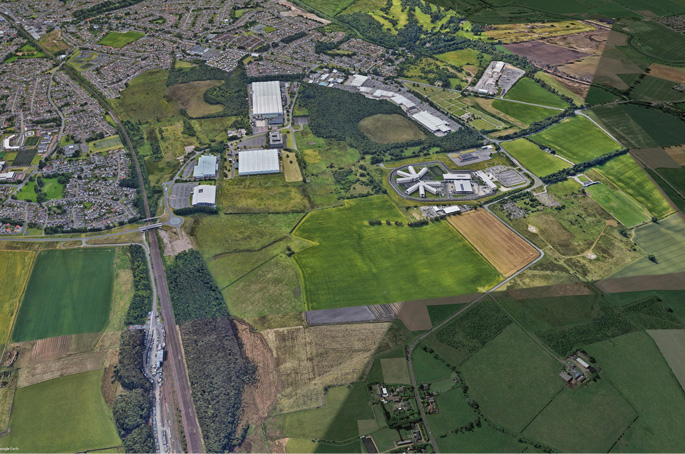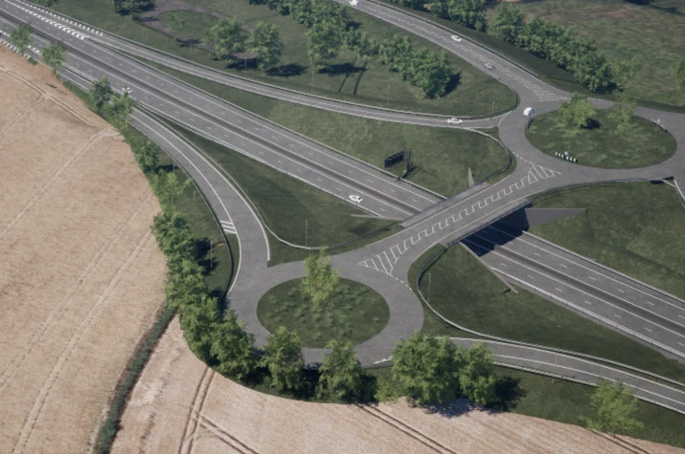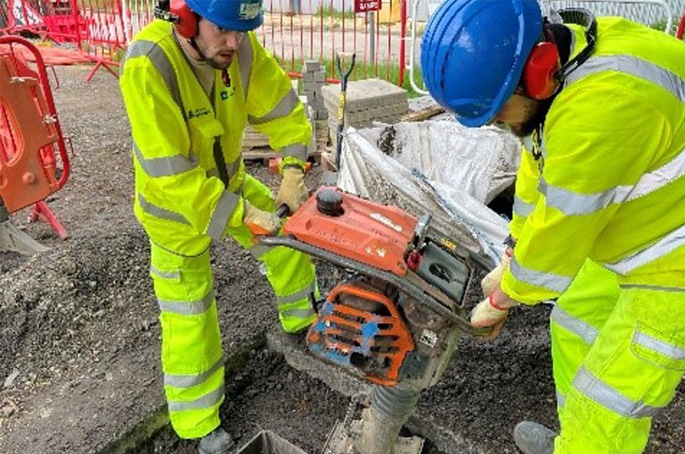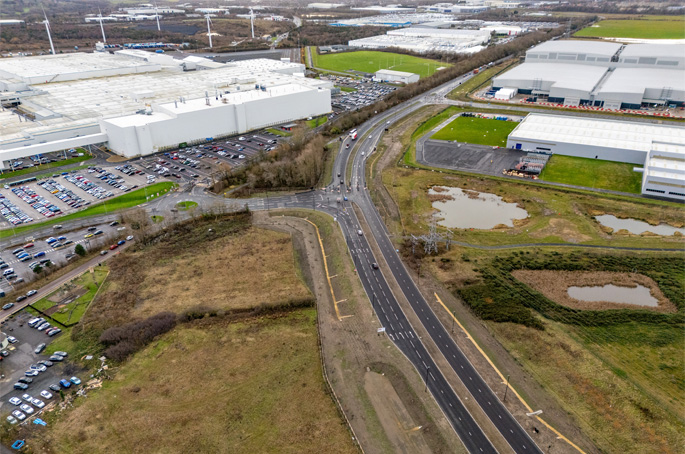Prosecutions for motorists using a mobile while driving fall

The number of motorists being prosecuted for using their mobile phone while driving has fallen by almost 50%, according to official figures seen by the RAC.Prosecutions have come down by 47% between 2009 and 2014.The fall comes despite figures from the Department for Transport (DfT) showing a persistent number of drivers are still using their phone at the wheel – highlighting a worrying mismatch between what motorists see happening on our roads and what drivers are being prosecuted for.A motorist caught using a mobile phone is most likely to receive a fixed penalty notice (FPN) from a police officer, as there is currently no technology in use by police forces that automatically detects illegal use. Between 2011 and 2013, the number of FPNs handed to drivers dropped from 123,100 to 52,400 – a fall of 57%.New figures show prosecutions for offences related to mobile phone use at the wheel have also fallen sharply. In 2014, 17,414 prosecutions were made in magistrates’ courts in England and Wales, which is 15,157 fewer than in 2009. A motorist may be summoned to a magistrates’ court if they ignore or choose to challenge a fixed penalty notice, if they already carry too many points, or if the offence is deemed too serious for a fixed penalty.The fall is despite figures from the DfT indicating a relatively unchanged percentage of car drivers using phones at the wheel.Mobile phone use is increasingly a contributory factor in accidents in the UK – in 2014, 492 accidents were as a result of a driver using a phone, up 40% on 2010.RAC head of external affairs Pete Williams said: “There is still an enormous gulf between what the law states – that handheld mobile phones should not be used behind the wheel – and what motorists see happening on our roads. Drivers are routinely using their phones at red traffic lights, or even while on the move.“We have already highlighted the large reductions in the numbers of full-time roads policing officers affecting many police forces. On average across the country there was a 23% cut between 2010 and 2014 – meaning there are 1,279 fewer officers patrolling our roads. Sadly, therefore, there are now far fewer police to enforce a law that is designed to protect all road users and pedestrians.“With budgetary constraints, roads policing officer numbers are not going to dramatically increase in the near future, but we believe that now is time to halt the decline and stop further year-on-year cuts. We also look to the government to propose other means of enforcing the existing law.”































